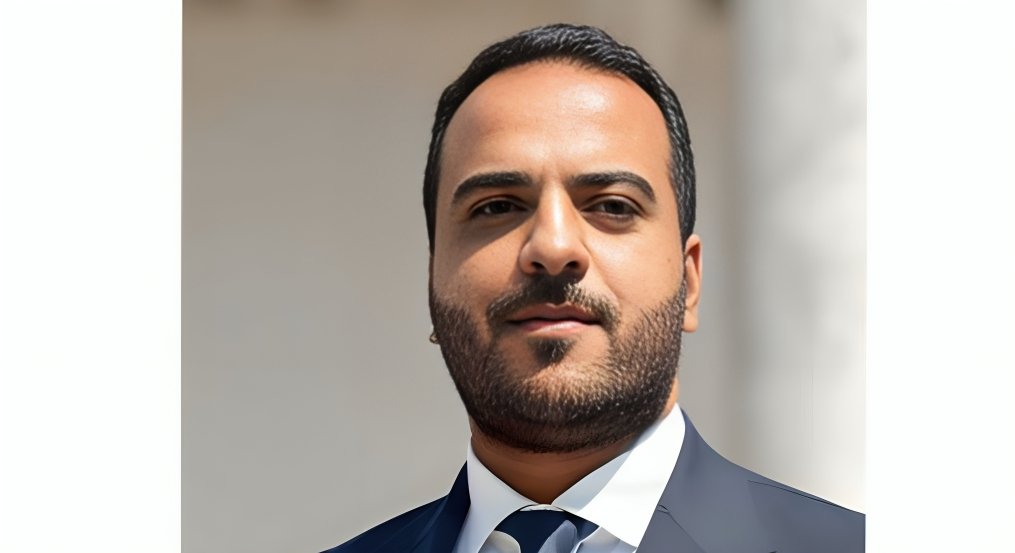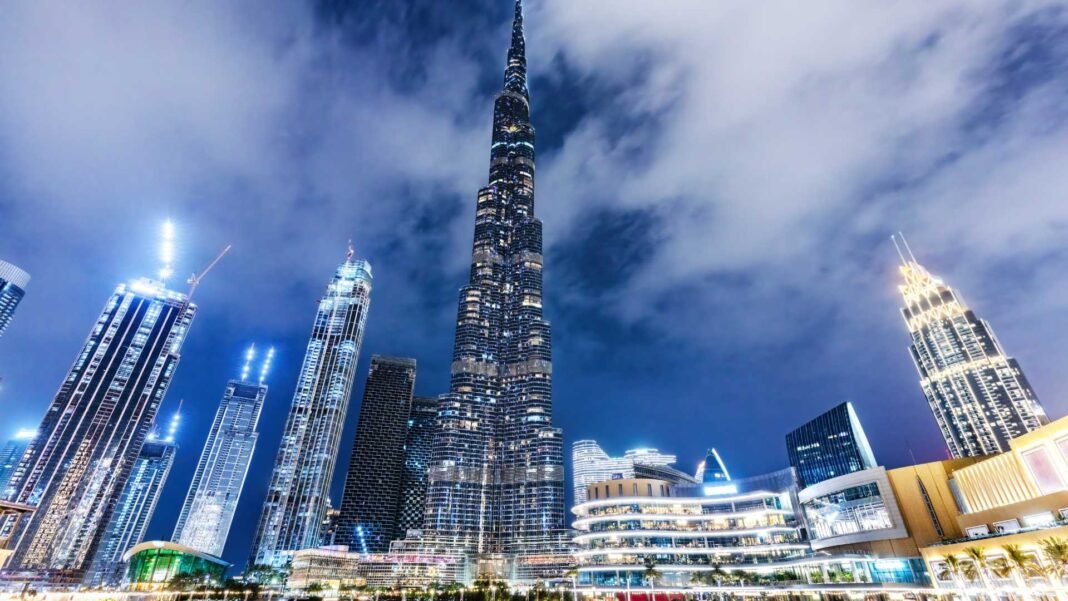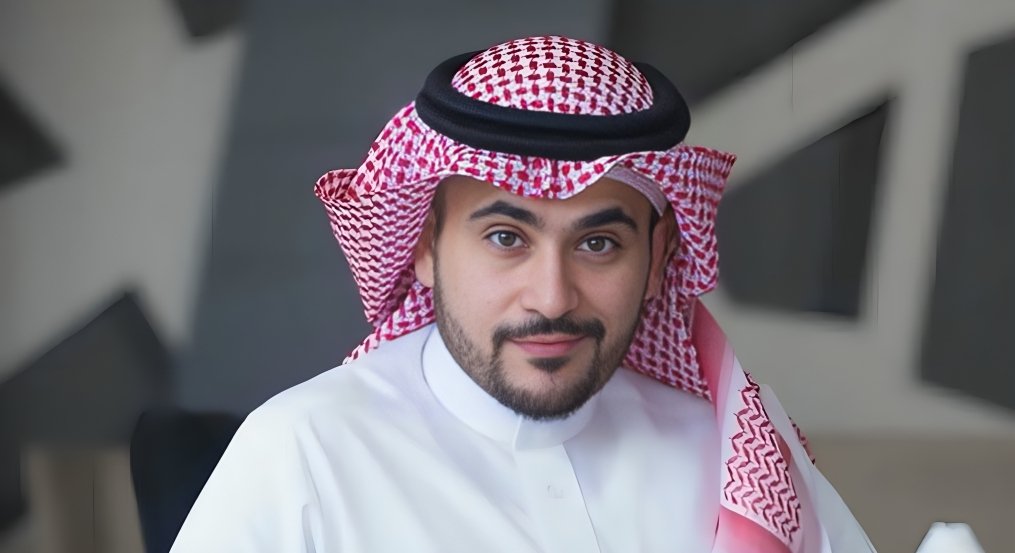Mohammed Alkhalid, a visionary entrepreneur hailing from Dhahran, Saudi Arabia, has made it his mission to combat climate change through innovative solutions. As the founder of NABATIK, the first climate technology startup in the kingdom, Mohammed is revolutionizing the way we approach afforestation and environmental sustainability. At the tender age of seven, Mohammed Alkhalid’s father planted the seeds of environmental consciousness within him. A simple yet profound experience of planting a tree in barren land ignited Mohammed’s passion for nature. This early encounter instilled in him a sense of responsibility towards the environment, laying the foundation for his future endeavors. Two decades later, as he reminisced about that pivotal moment, Mohammed found himself in the same area. To his astonishment, he stumbled upon a thriving tree—a testament to the enduring impact of tree planting. Inspired by this sight and fueled by his childhood pledge, Mohammed made a solemn commitment: to help plant 1 million trees by 2023, engaging communities in innovative ways. Founding NABATIK: The Beginning Mohammed Alkhalid began
Topics
- Artificial Intelligence
- companies
- Construct 360
- E-Commerce industry
- Economy News
- Economy News
- Editor Choice
- Edtech industry
- energy industry
- Entertainment & Leisure
- Entrepreneurs
- Featured
- Fintech
- Funding News
- General News
- Government Policies
- Growth & Strategy
- Health & Wellness
- Healthtech
- industry
- Information & Communication Technology
- Lifestyle
- Management
- Management and Leadership
- Marketing & Branding
- Merger and Acquisition
- Money & Personal Finance
- News
- Oil and Gas
- Real Estate
- Sports and Productivity
- Start-up
- Technology
- Top 10 Listing Article
- Travel
- Women
More
Popular Categories




